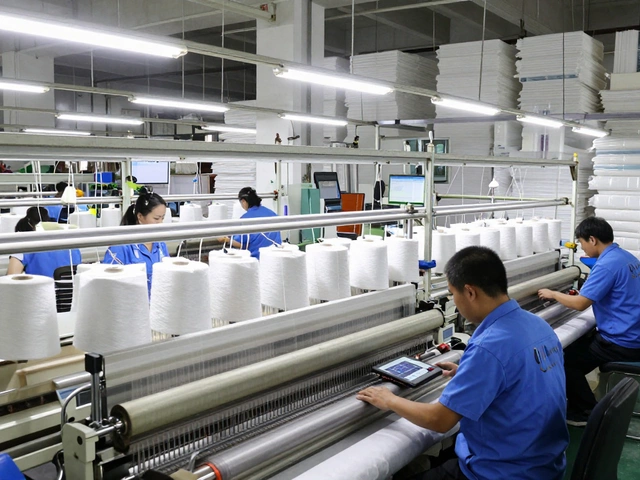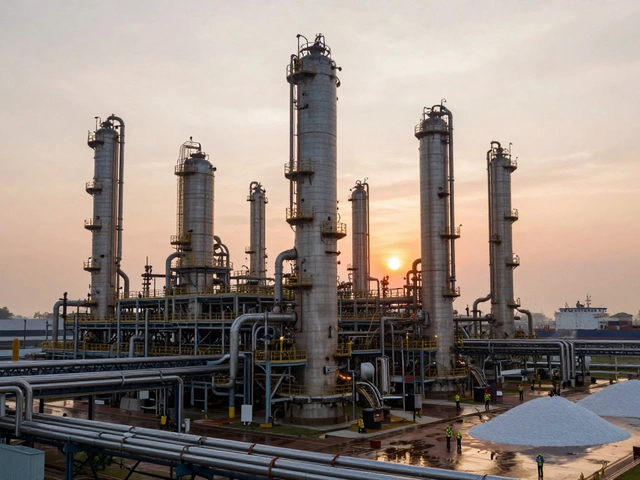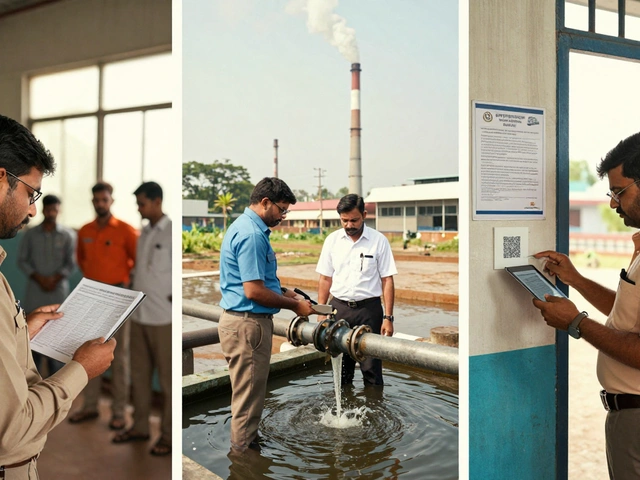Restricted Chemicals: Your Quick Guide for Indian Manufacturers
If you work with chemicals on the shop floor, you’ve probably heard the term “restricted chemicals.” It isn’t just a buzzword – it’s a set of rules that can make or break your production line. Ignoring them can halt your plant, attract fines, or even put workers at risk. This guide breaks down the basics and shows you how to keep things moving safely.
Why Regulations Matter
India’s main regulators – the Bureau of Indian Standards (BIS), the Central Pollution Control Board (CPCB), and the Directorate General of Foreign Trade (DGFT) – list chemicals that need special permits, labeling, or outright bans. The list includes heavy metals like lead, toxic solvents such as benzene, and certain pesticides. These rules protect the environment, the community, and your workforce. They also protect you from supply‑chain disruptions caused by unexpected inspections.
Practical Steps to Stay Compliant
First, create an up‑to‑date inventory of every chemical in your facility. Tag each item with its CAS number, hazard class, and whether it appears on the restricted list. Second, check the latest notifications from BIS and CPCB – they update the list at least twice a year. Third, obtain the required licenses before you order any restricted material. A missing permit can delay shipments for weeks.
Next, train your staff on safe handling. A short 30‑minute session on proper PPE, spill response, and label reading can cut accidents dramatically. Keep safety data sheets (SDS) accessible at every work station; they are a legal requirement and a handy cheat‑sheet for anyone handling the substance.
Documentation is another pillar. Record every purchase, usage amount, and disposal method in a central log. Use simple software or even a spreadsheet, but make sure the data is backed up and audit‑ready. During a regulatory audit, you’ll be asked for these records – having them organized saves time and shows good faith.
If a chemical is flagged as restricted, look for alternatives. Often a less hazardous solvent or a different alloy can do the job without the paperwork. Switching early avoids the need for costly retrofits later. When alternatives aren’t possible, invest in containment systems – closed‑loop reactors, fume hoods, and automated dosing reduce exposure and help meet emission limits.
Finally, schedule regular internal audits. Walk the floor, review storage practices, and verify that all signage matches the current inventory. Catching a mislabeled drum or an expired permit early prevents bigger headaches. Make the audit a routine, not a one‑off event.
Staying on top of restricted chemicals may feel like extra work, but it protects your bottom line, your people, and the planet. Keep the inventory fresh, train your team, and stay linked to the latest government notices. With these habits, you’ll turn compliance from a chore into a competitive advantage.
Banned Chemicals in India: What You Need to Know in 2025
Get updated facts on which chemicals are banned in India, why they're restricted, and what it means for public health, industry, and daily life. Learn the latest rules and risks.
Read More




